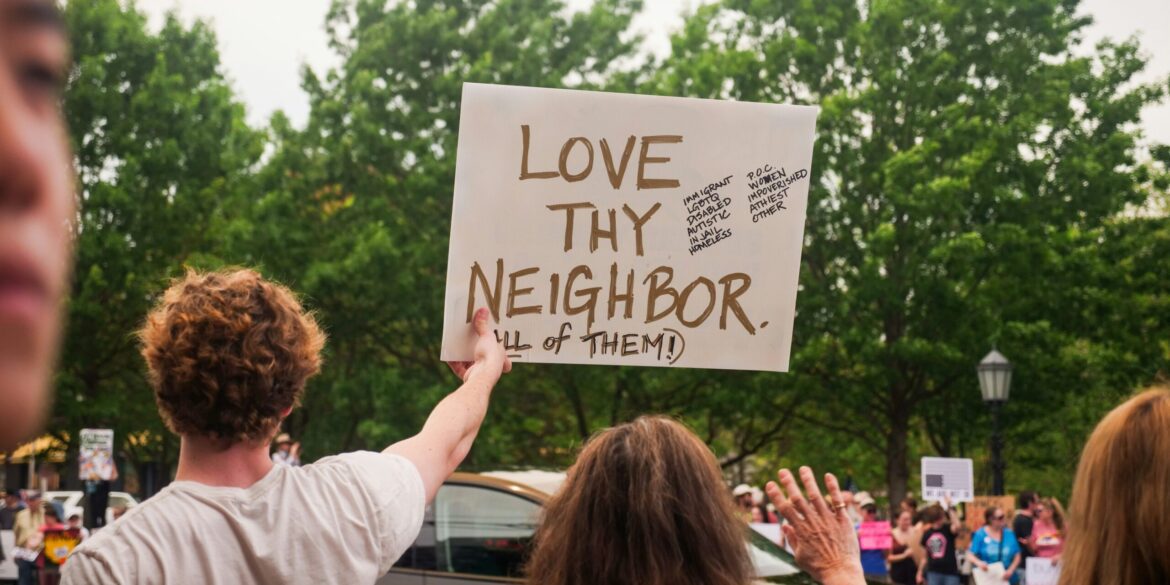On June 20, 2025, communities across the United States commemorated World Refugee Day with a sweeping array of events and initiatives designed to express solidarity with refugees and bolster their integration and well-being. First established by the United Nations in 2001, the annual observance recognizes the strength and resilience of millions of people who have been forced to flee war, persecution, and human rights abuses in search of safety and a better future.
This year’s theme, centered on concrete solidarity, was reflected in the nationwide mobilization of public, private, and nonprofit actors. Events ranged from educational forums and resource fairs to cultural festivals and legislative meetings. These efforts emphasized that supporting refugees must go beyond symbolic gestures and extend into structural policies and community-based support systems.
In major cities such as New York, Los Angeles, Chicago, and Houston, local governments and advocacy groups coordinated a series of tangible support initiatives. In New York, for instance, community centers offered job readiness programs, legal aid workshops, and English-language classes. Nonprofit organizations such as the International Rescue Committee and Refugee and Immigrant Fund worked closely with refugee families to provide housing assistance and employment connections. Meanwhile, in Los Angeles, public libraries collaborated with refugee-led groups to host cultural exhibitions and storytelling sessions aimed at fostering mutual understanding between refugees and host communities.
Chicago held one of the country’s most robust celebrations. Events were organized over a multi-day period in locations such as Daley Plaza and Foster Beach, featuring dance performances, advocacy booths, international food markets, and community soccer tournaments. These events provided platforms for refugees to share their experiences and for local residents to show their support. “It’s about building bridges, not walls,” said one organizer from the Illinois Coalition for Immigrant and Refugee Rights.
In Houston, the city’s Refugee Services Collaborative partnered with local universities and faith-based organizations to offer health screenings, mental health counseling, and workshops on civic engagement. Language assistance services were in high demand, as many recent arrivals from Afghanistan, Ukraine, and Venezuela sought help navigating their new environments.
A significant highlight of the day took place in Washington, D.C., where lawmakers and refugee advocates gathered for a reception on Capitol Hill. The bipartisan event, co-hosted by the Senate Refugee Caucus and members of the House Foreign Affairs Committee, underscored the federal government’s ongoing commitment to refugee resettlement. Legislators discussed current and proposed bills aimed at improving refugee services, including expanding mental health care, increasing funding for community resettlement agencies, and streamlining the asylum application process.
In his remarks, Senator Ben Cardin (D-MD) emphasized the importance of upholding America’s legacy as a refuge for those in need. “We must ensure that our policies reflect our values—welcoming, inclusive, and just,” Cardin said. Republican Senator Lisa Murkowski of Alaska echoed the sentiment, stressing the importance of bipartisan collaboration in maintaining effective and humane refugee policies.
One of the day’s more poignant efforts came from refugee-led community centers that hosted employment assistance workshops tailored to the unique challenges refugees face in the job market. These workshops, often led by former refugees, included resume writing, mock interviews, and introductions to local employers who were open to hiring individuals with diverse backgrounds and experiences.
Cultural showcases were also a focal point of the observance. In Minneapolis, a city with one of the largest Somali communities in the U.S., the local arts council teamed up with refugee artists to present an exhibit exploring themes of displacement and resilience. Attendees sampled traditional foods, watched performances, and engaged with interactive art installations. Similar events in Phoenix and Seattle featured music and dance from countries such as Syria, Congo, and Myanmar, celebrating the cultural richness that refugees bring to their new homes.
At the heart of the observance was the message that solidarity must manifest through sustained and practical action. While public support is critical, experts and advocates stressed the need for continued investment in federal refugee resettlement programs, many of which have been underfunded or strained by administrative challenges. The resettlement infrastructure was significantly weakened during the late 2010s, and although recent years have seen renewed efforts, gaps in housing, employment services, and mental health resources remain.
The need for accessible mental health care was repeatedly emphasized throughout the day. Refugees often arrive with complex trauma, and yet many struggle to find culturally competent services. Organizations like the National Partnership for New Americans have been advocating for more inclusive healthcare policies that prioritize mental health as part of overall resettlement success.
As global displacement continues to rise—reaching over 122 million by the end of 2024—advocates say the United States must reaffirm its leadership role in offering protection and opportunities to those fleeing danger. World Refugee Day served as both a reminder of past commitments and a call to action for continued progress.
In reflecting on the day’s events, UNHCR spokesperson Shabia Mantoo said, “The solidarity shown across the United States today is powerful. But our shared responsibility does not end here. Refugees need safe pathways, strong communities, and meaningful chances to rebuild their lives.”
World Refugee Day 2025 highlighted how a nation can translate empathy into action. As advocates and refugees alike continue their work, the hope is that this momentum will translate into long-term policy and cultural shifts that prioritize human dignity, inclusion, and justice.

